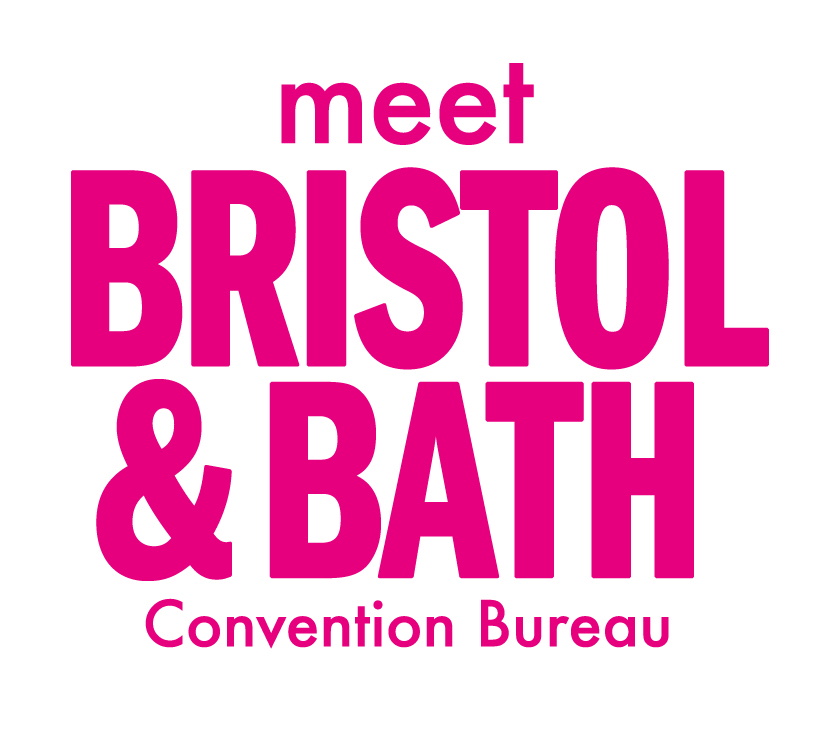Hybrid events is a hot topic for 2021. We spoke to expert Thomas Heiser, Managing Director of Focal Point Event Management Ltd about what a hybrid is, the challenges and benefits of this format and what considerations should be made prior to booking this type of event.
Read Thomas’s insight below or watch the video here:
Jump to: What are hybrid events? | What’s the difference between a hybrid and virtual event? | What benefits are there of choosing a hybrid event? | What potential challenges are there when running a hybrid event? | What do I need to consider when planning a hybrid event?
What are hybrid events?
In their simplest form, when we talk about hybrid events we are generally referring to an event that gives attendees the choice to participate in-person or to participate remotely. While the content or programme for these audiences may be shared, the event design will be tailored for each audience group, providing both shared and exclusive experiences to each.
A (very) simple example would be having a keynote presentation that an in-person audience watches in a conference room while a remote audience watches live online. If the audiences have questions those in-person could ask by raising their hand, while those watching remote might ask via an event app. In this way a single piece of content can be experienced by both audiences.
While this approach might work, simply finding a digital equivalent to match an in-person event activity (viewing a presentation or asking questions) is not an effective approach to running a hybrid event. The best hybrid events leverage a deep understanding of who their audiences are and what they want; they understand which activities work best in-person and which work best remote; and then design their events to dovetail or blend the audiences and experiences together, providing rich engagement for all.
What’s the difference between a hybrid and virtual event?
While hybrid events cater to an in-person and a remote audience, virtual events are produced for remote audiences only.
What benefits are there of choosing a hybrid event?
There are many benefits to running hybrid events. In my mind they boil down to providing greater choice for our audiences and as organisers, they help maximise the return on our investment in the event programming/content creation. A quick list might include:
Audience benefits
- Choose to travel or not
- Choose how much time/money to commit
- Choose the level of engagement
- Make connections with a larger delegate pool
Organiser benefits
- Increased event reach
- Ability to develop more customised delegate experiences
- Appeal to more diverse and specialised audiences
- No cap on remote audience size
- Increased options for sponsor engagement
- Increased measurement and analytics
- Reduced environmental impact
Obviously, given the current restrictions on meeting in-person and uncertainty around when this might change, hybrid events also allow planners a degree of flexibility in their planning.
What potential challenges are there when running a hybrid event?
Running a successful hybrid event is not simply a case of putting a live-stream camera in your plenary room. To really get the most from hybrid you need to invest the same amount of effort in event design and delivery for your remote audiences as you do for your in-person. So that does lead to increased costs. That said, when done well the benefits of reaching multiple audiences with a single programme of content makes the return on investment worthwhile.
Specific challenges you should consider include:
- Do you have the right mix of skills in your team?
- Do you have the right amount of experienced technical support?
- Do you have the right people to compare and guide each audience experience on the day?
What do I need to consider when planning a hybrid event?
Great events all come down to planning but for Hybrid events you should be asking the same fundamental questions as you would for an in-person event. They should include:
- How can I segment my audience groups?
- What are their objectives for attending?
- Which should I focus on attracting to the event?
- How much time and money will they invest in attending?
- What are the best formats for engagement with my content?
- How will delegates participate in each element of the event?
- How will delegates engage with each other / sponsors / speakers etc?
- Which experiences will be shared and which will be exclusive?
- How will I ensure that all stakeholder groups are comfortable with the experience?
The answers to these questions will help you to focus your efforts and ensure you deliver a valuable experience to your audiences. There can be a temptation to try and offer everything to everyone, but this needs to be resisted. Know your audience, set your objectives and then don't stray from them!
About Focal Point Event Management Ltd
Focal Point are a Bristol-based B2B event, exhibition and conference organiser providing creative, intelligent and results-driven live events. We cover the full event life-cycle; from strategic event design through to marketing, production, on-site delivery and evaluation. With over 20 years’ of event management experience we deliver exceptional results; quickly becoming an indispensable part of your team. Our clients have included the United Nations Foundation; The Young Foundation; Nesta; Sirona care & health and many others.
Related
Comments
Nobody has commented on this post yet, why not send us your thoughts and be the first?










